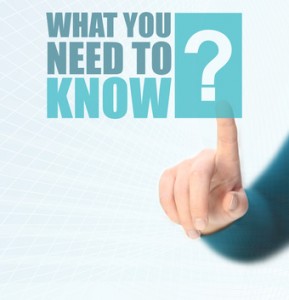Hashimoto’s and AutoImmune Thyroiditis

Hashimoto’s disease deserves a spot in the conversation about hormone balance, as it’s one of the most common conditions that can cause hormonal burnout and a host of vague symptoms you might attribute to other things.
Before we delve into those, however, let’s recap what Hashimoto’s disease is: an autoimmune condition that involves thyroid dysfunction. Also known as autoimmune thyroiditis or “Hashi’s” for short, when you have Hashimoto’s disease, your body triggers an immune response in which antibodies are made that damage thyroid cells, resulting in low thyroid function over time. In other words, it’s a case of mistaken identity whereby your thyroid gets attacked by an overzealous immune system.
What happens when your thyroid is low?
Low energy, weakness, lack of concentration, dry skin, constantly feeling cold, just to name a few symptoms. Since Hashimoto’s can greatly influence your quality of life and your overall health, let’s take a look at the top three questions I tend to get on this topic for some better insight:
- Why do we see Hashimoto’s so often in aging women?
For women in North America, Hashimoto’s is the most common reason for low thyroid. Your body’s immune system attacks the thyroid gland, first causing an overproduction of thyroid hormones, then causing an underproduction of those hormones because your thyroid has reached the “burnout” stage.
We often see Hashimoto’s in aging women because low thyroid is much more common when you reach the perimenopausal and menopausal stages. But since the condition tends to develop gradually over time, it’s possible to have Hashimoto’s in your younger years but not get a diagnosis until your symptoms become much worse later in life. And while men can get Hashimoto’s, too, women are diagnosed with the condition up to 20 times more often.
- What are some of the symptoms?
As I mentioned before, symptoms of Hashimoto’s can often be vague, but you might notice some of the following:
- Swelling at the front of the throat (goiter)
- Weight gain
- Chronic fatigue
- Feeling cold all the time
- Joint pain
- Heavy menstrual flow or irregular periods
- Depression
- Brittle, thinning hair
- Constipation
It’s important to note that symptoms of Hashimoto’s can vary widely, depending on the severity of the hormone imbalance.
- How do I know if I have it – and how can I treat it naturally?
Hashimoto’s is diagnosed with a blood test that checks for antibodies against the thyroid: thyroid peroxidase antibodies and anti-thyroglobulin antibodies. I urge everyone with Hashi’s to get off gluten and dairy. Getting off gluten has been shown sometimes to singlehandedly correct Hashi’s, and about half of people with gluten intolerance also have dairy intolerance.
Treating Hashimoto’s might involve going on thyroid medication, so it’s important to discuss your condition with your doctor and follow instructions appropriately.
Several micronutrients and vitamins are important for proper thyroid function, too, so you may also be able to address Hashimoto’s naturally. My protocol in treating low thyroid usually involves: vitamin D, as deficiency in this vitamin is more common in people with autoimmune thyroditis; iodine, which is important for normal metabolic and thyroid function; copper, as the thyroid is sensitive to this element (meats, poultry and eggs are rich sources of copper); as well as zinc, selenium, vitamin A and iron, which are all important for proper thyroid function.
More information on the dosage recommendations for these supplements can be found in my book, The Hormone Cure, chapter 9.
Keep in mind that stress is a significant cause of thyroid burnout. Beating Hashimoto’s and restoring thyroid balance will probably require some adjustments in the lifestyle department.
